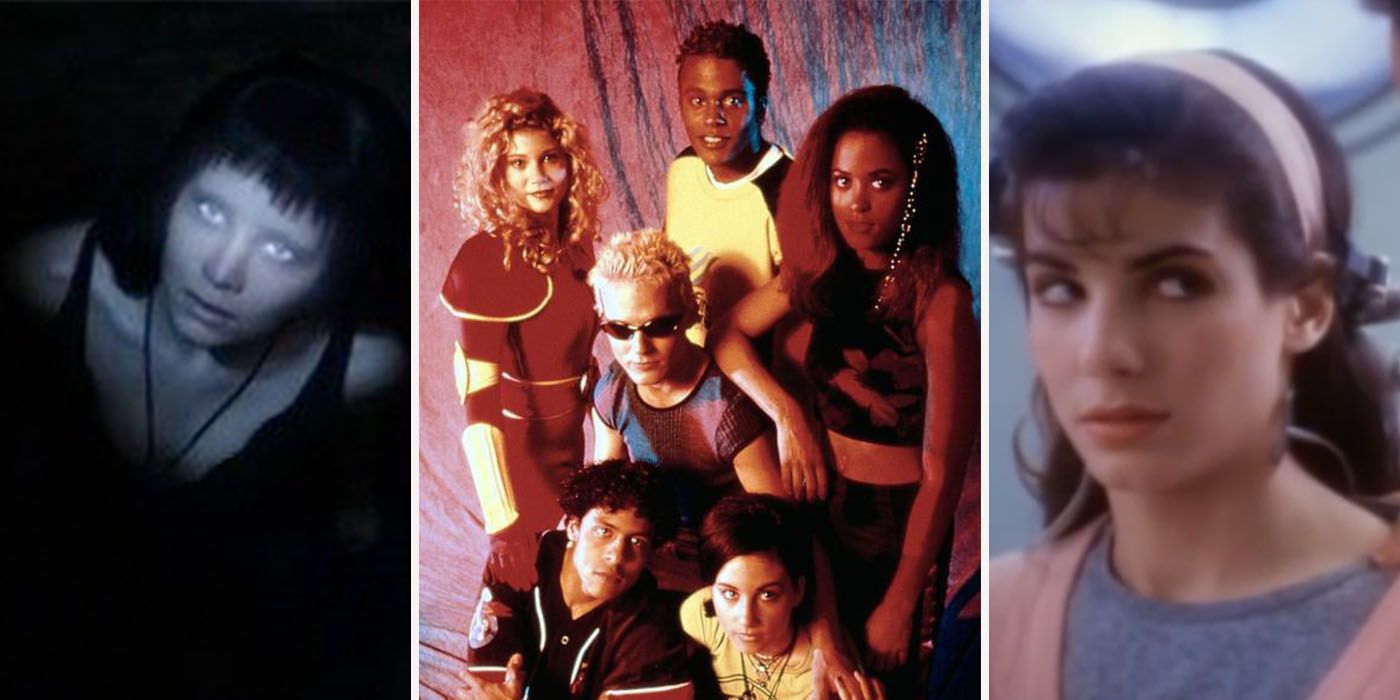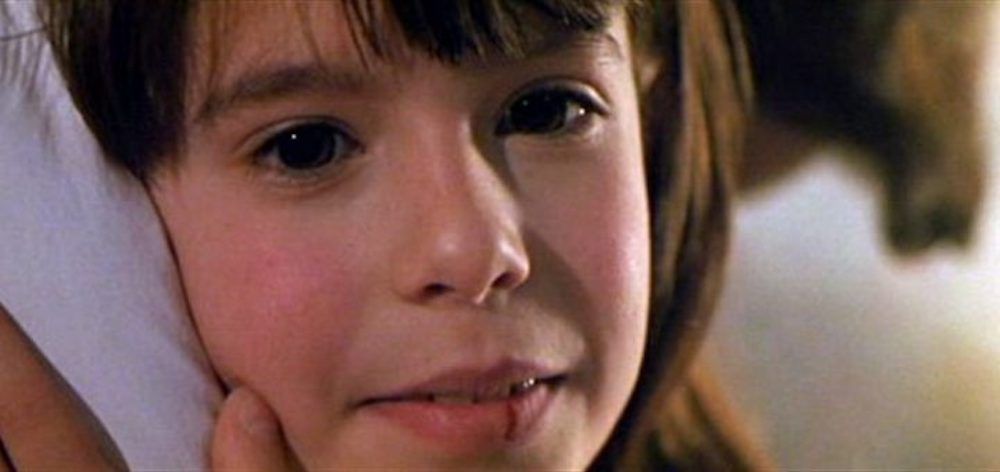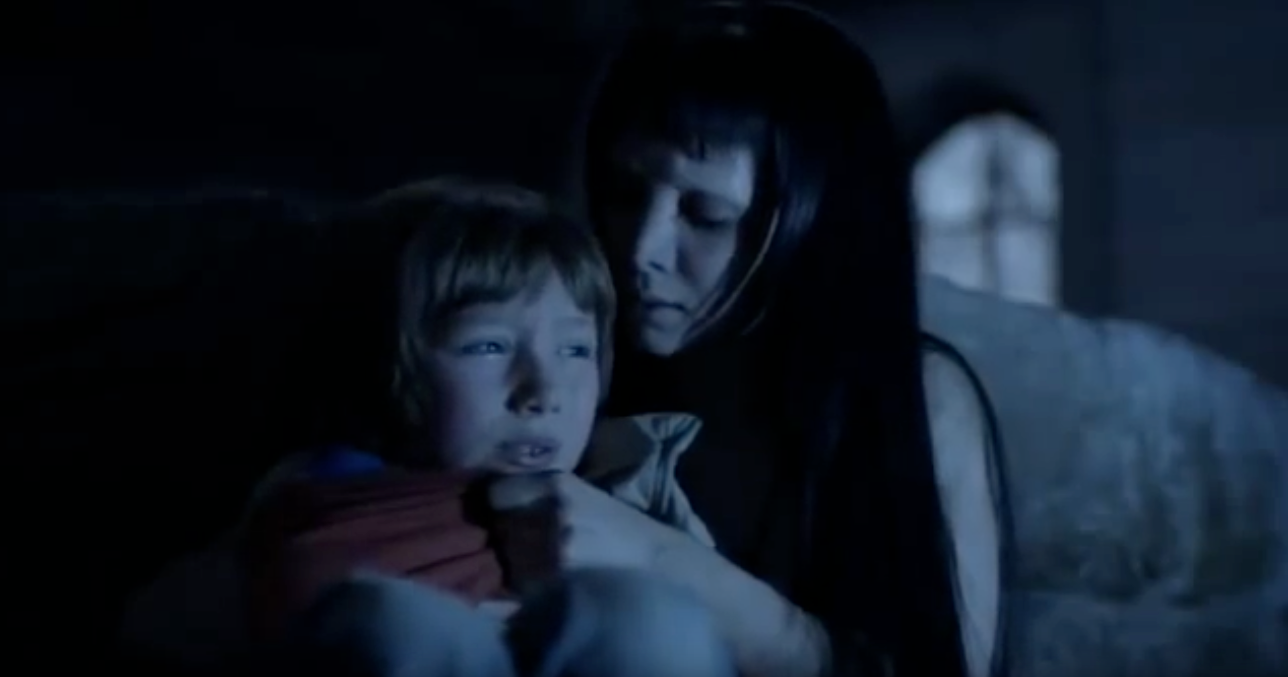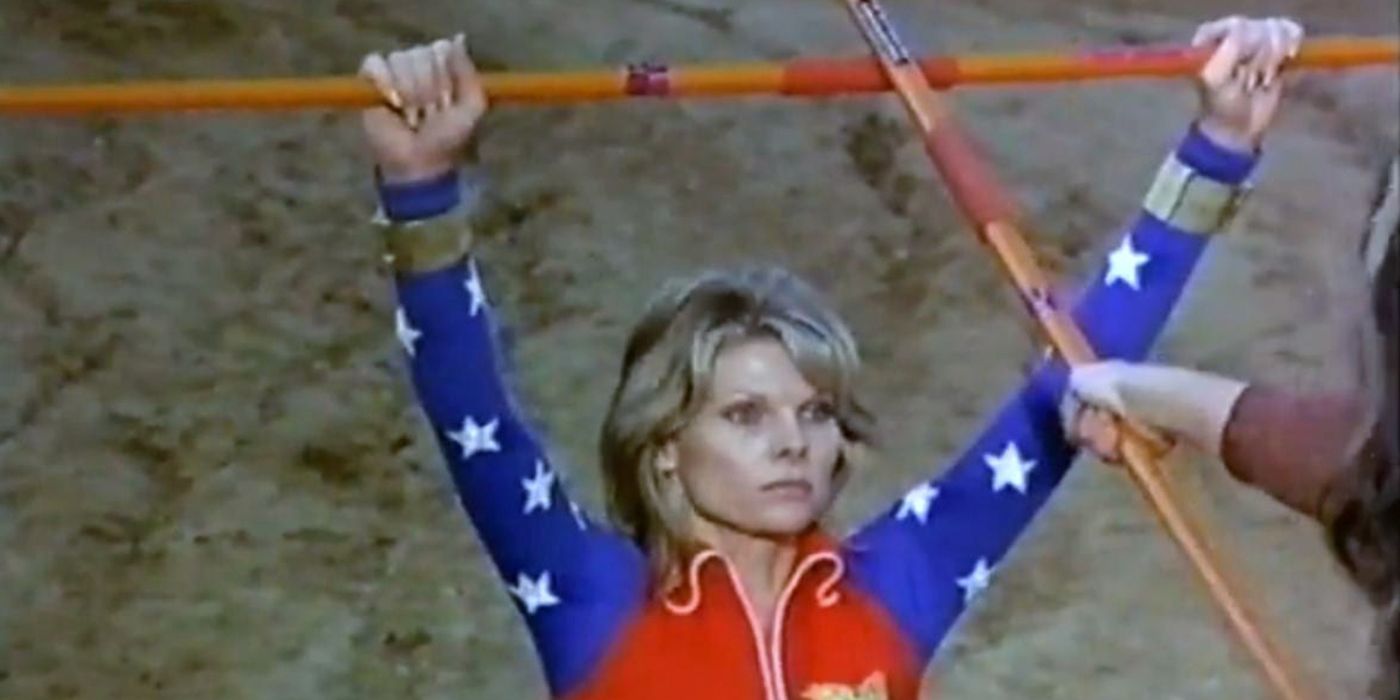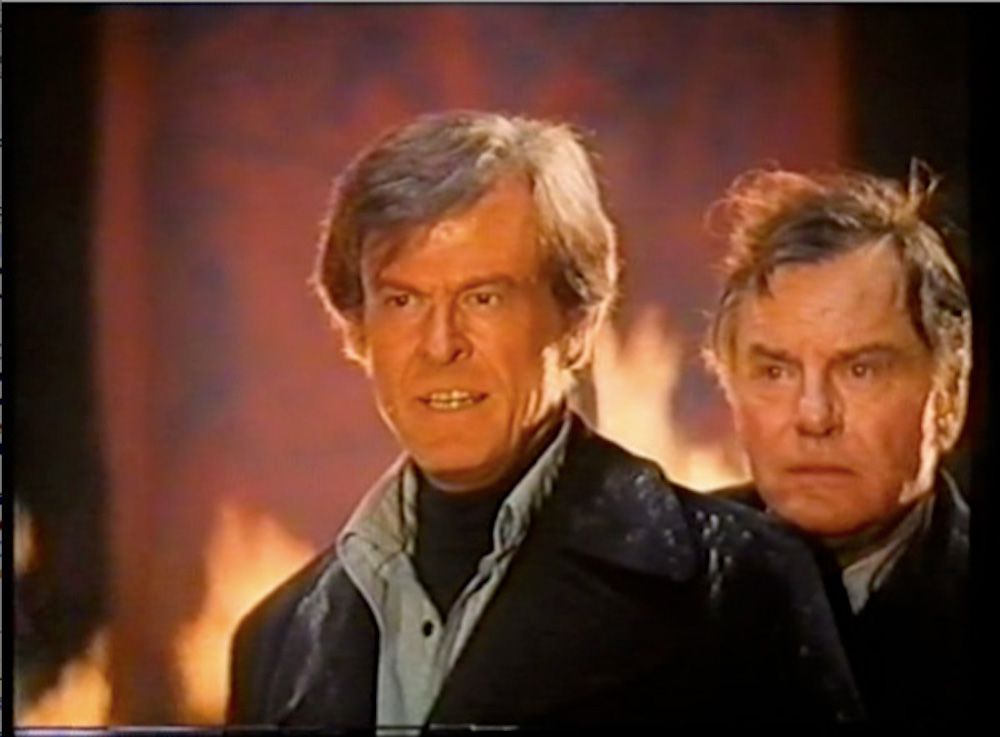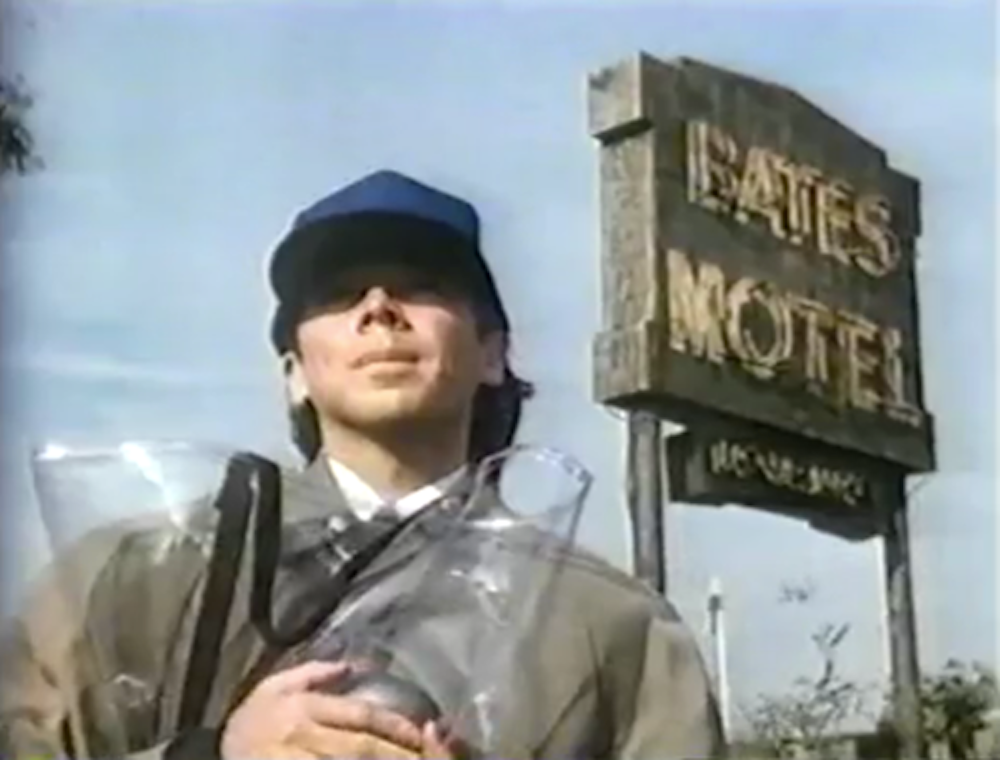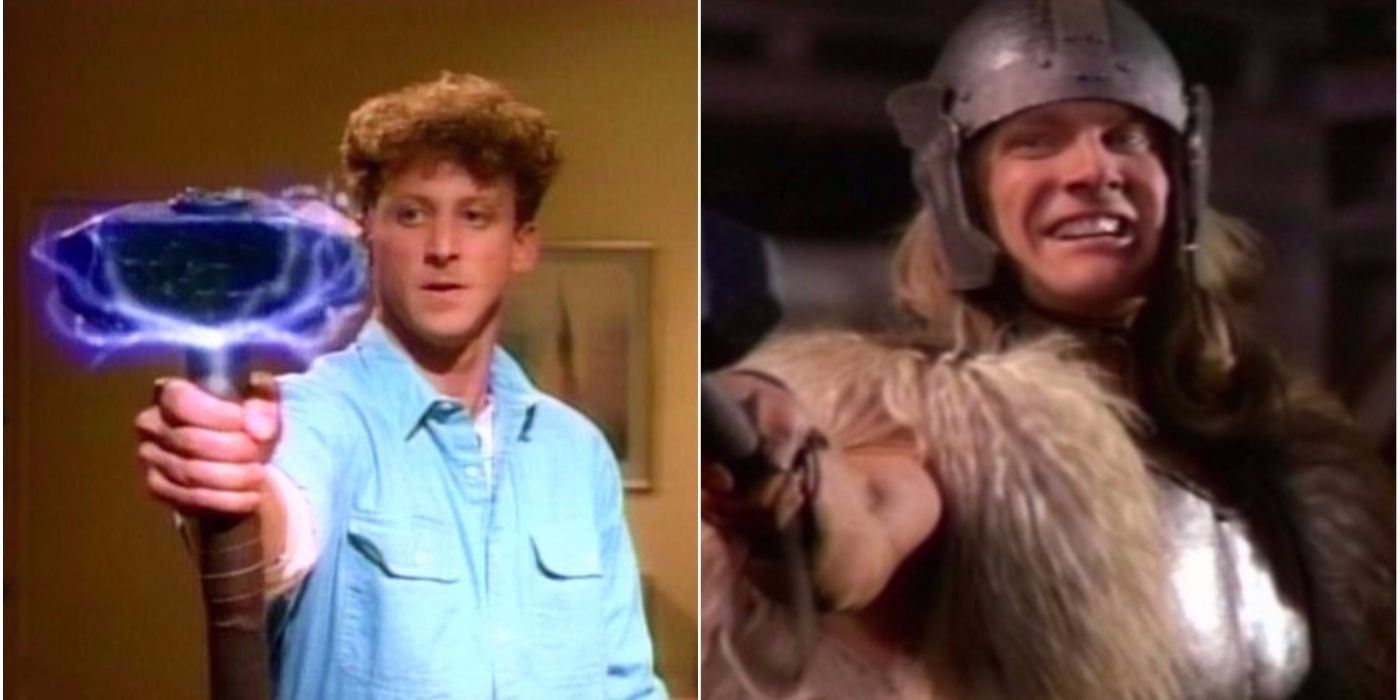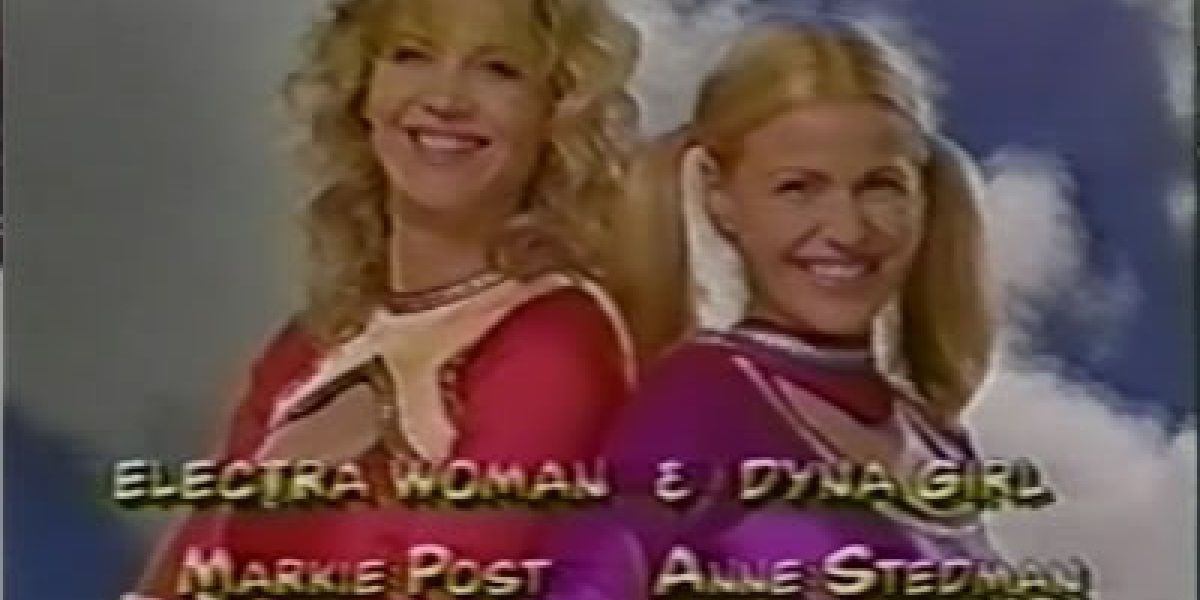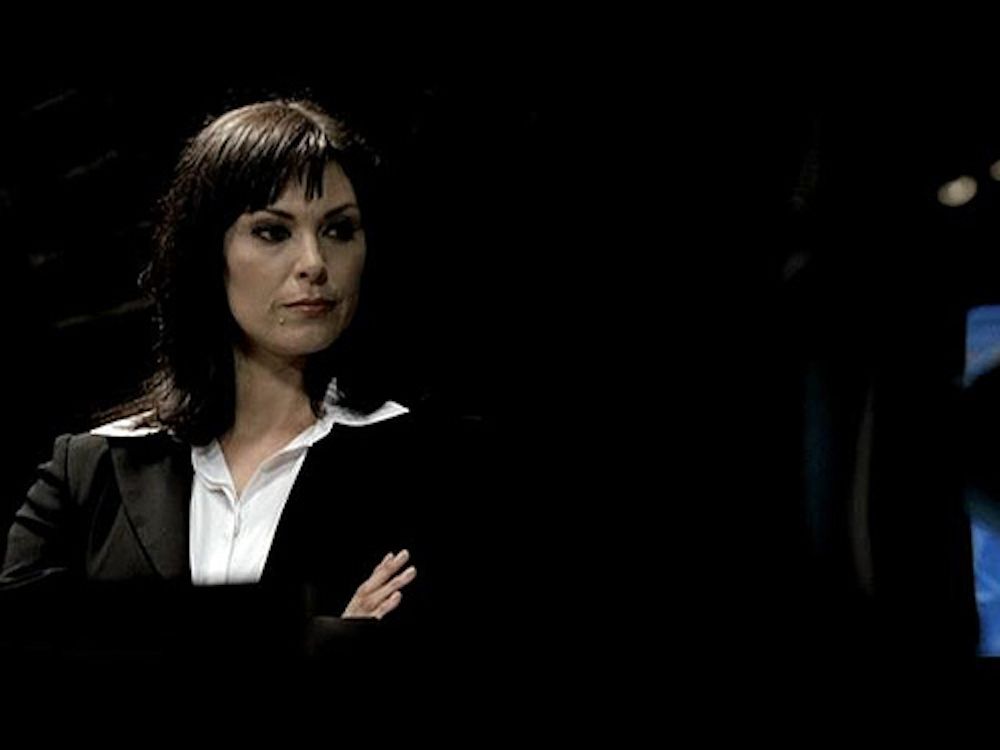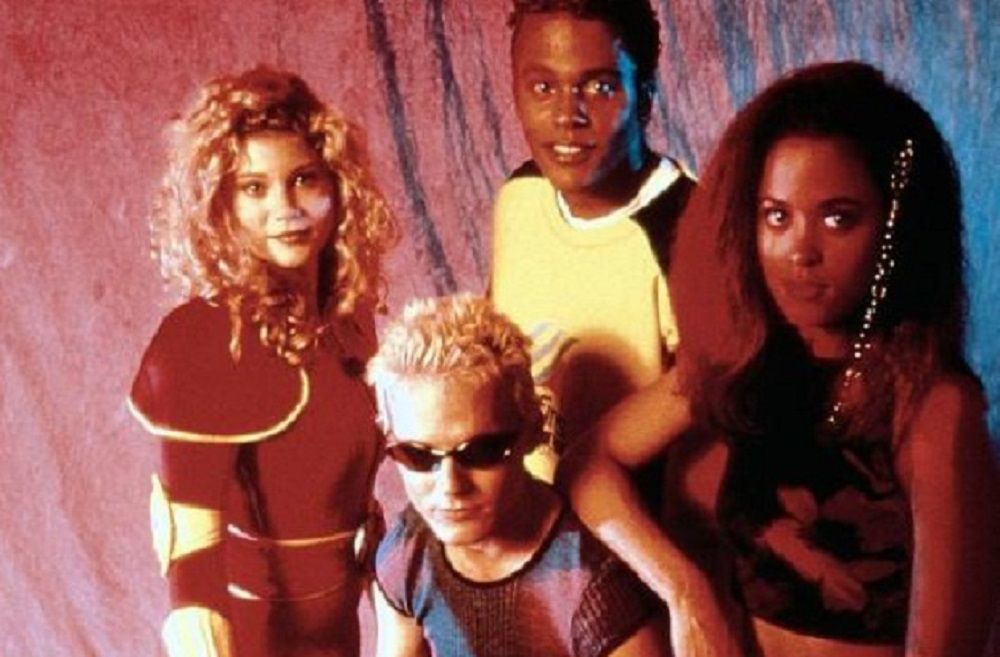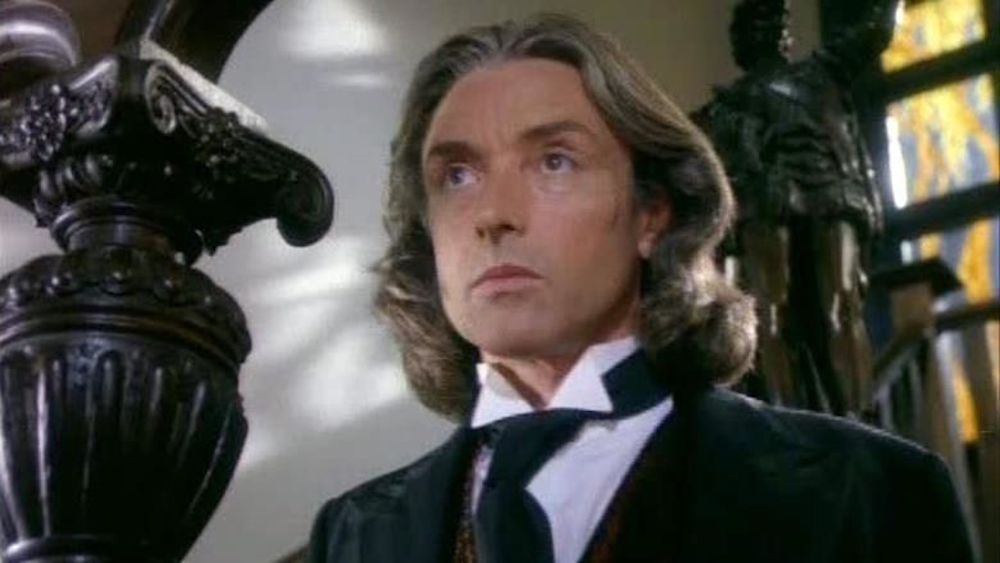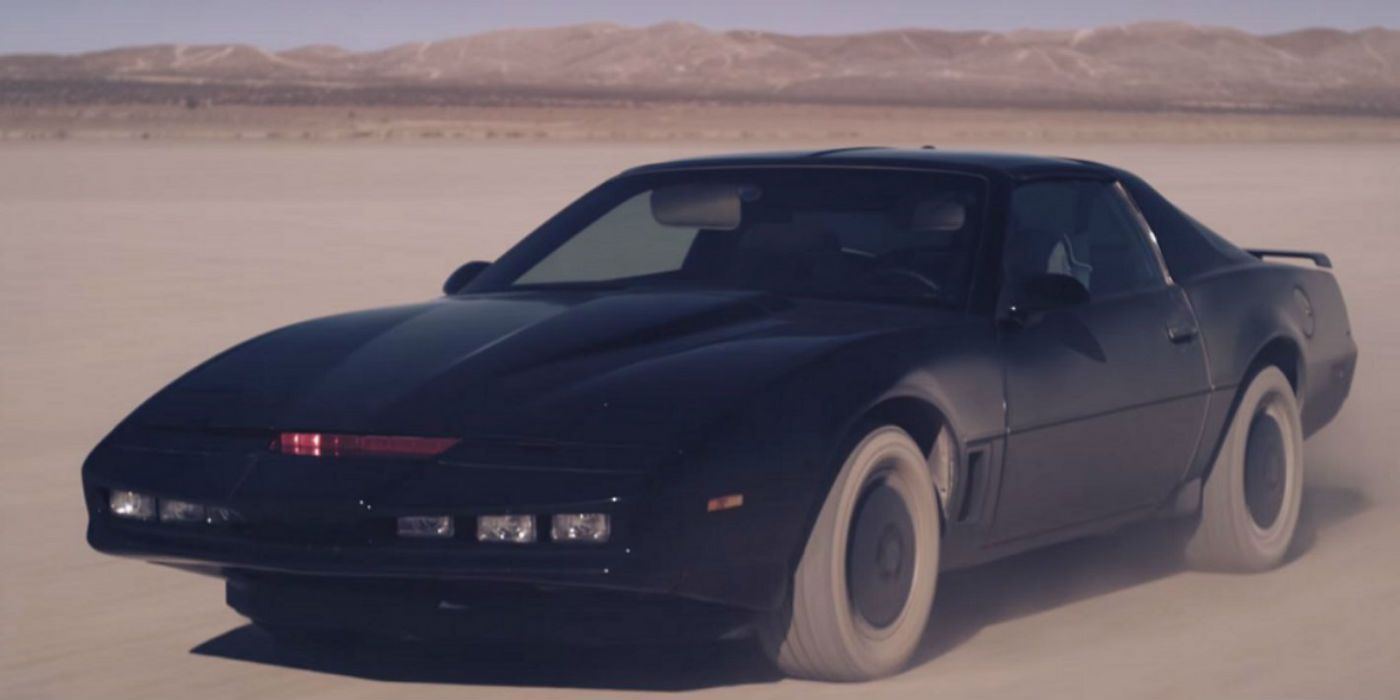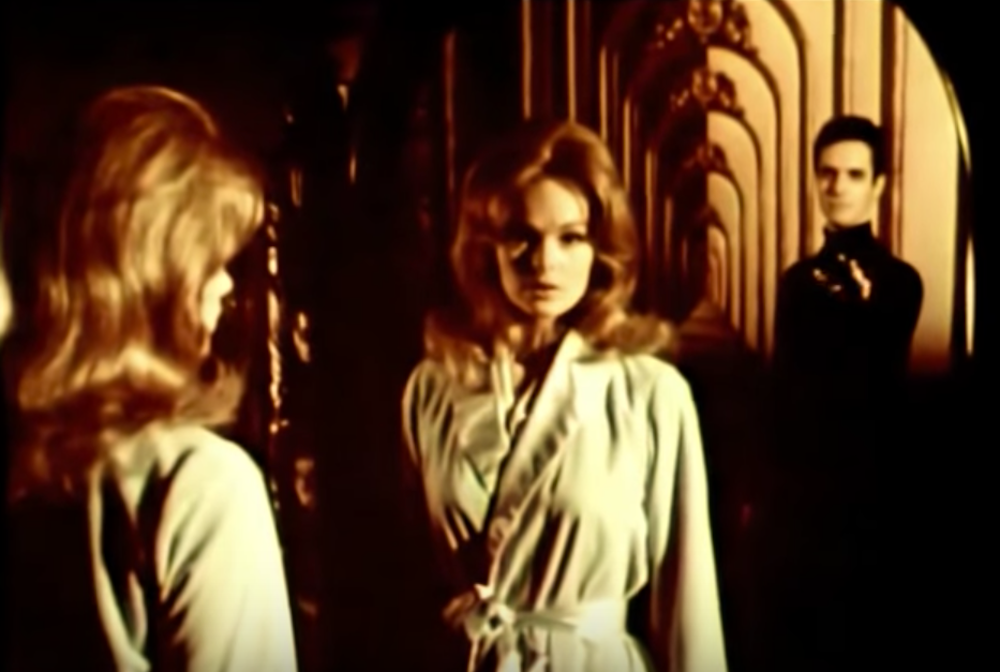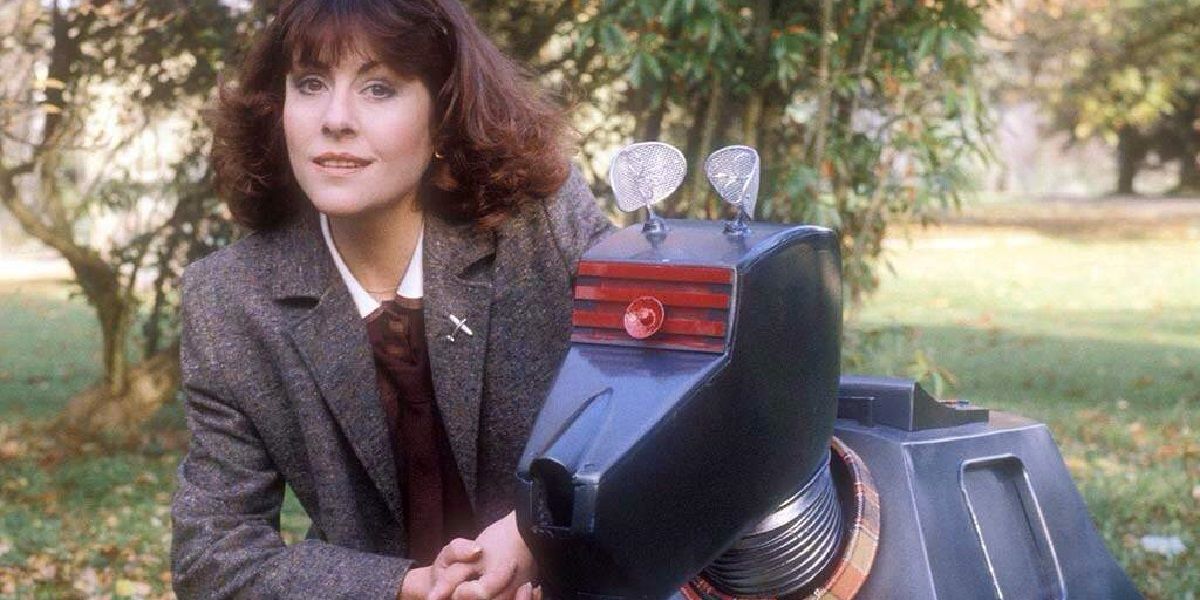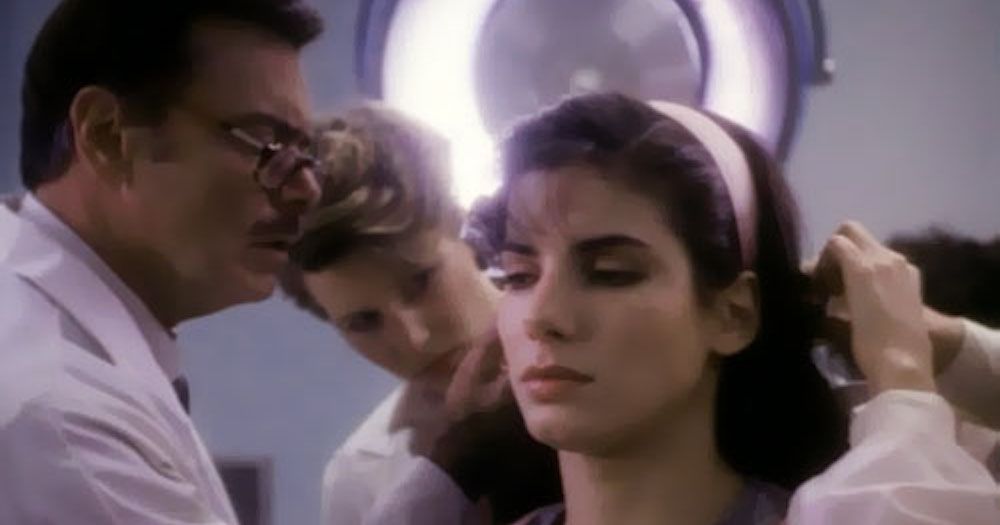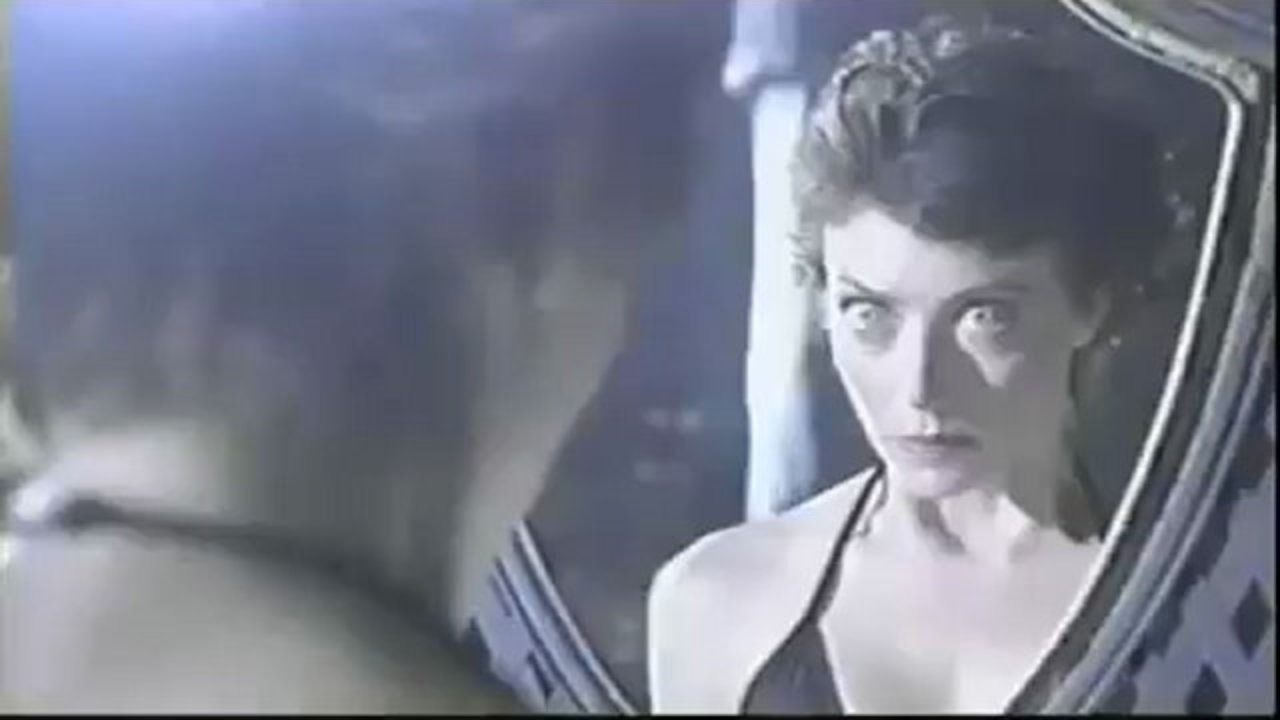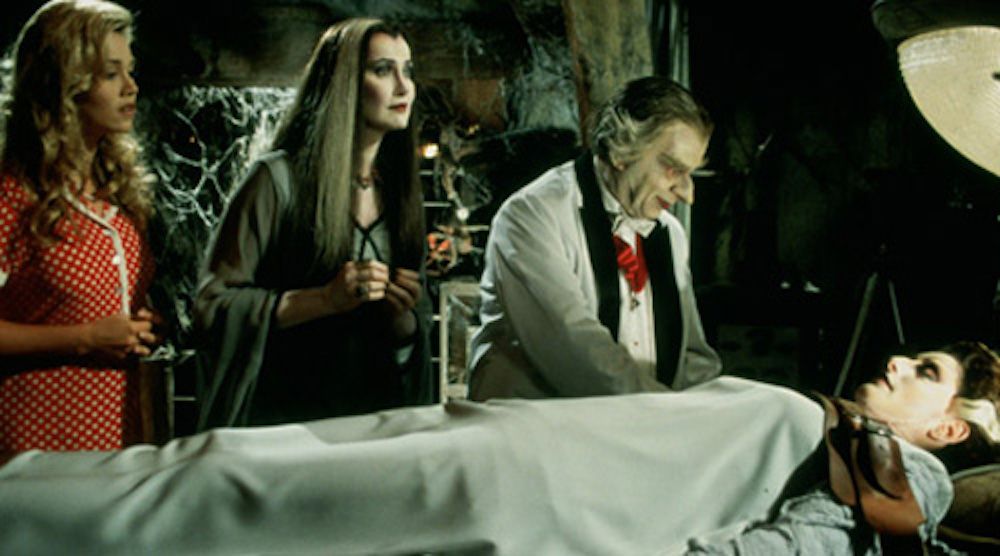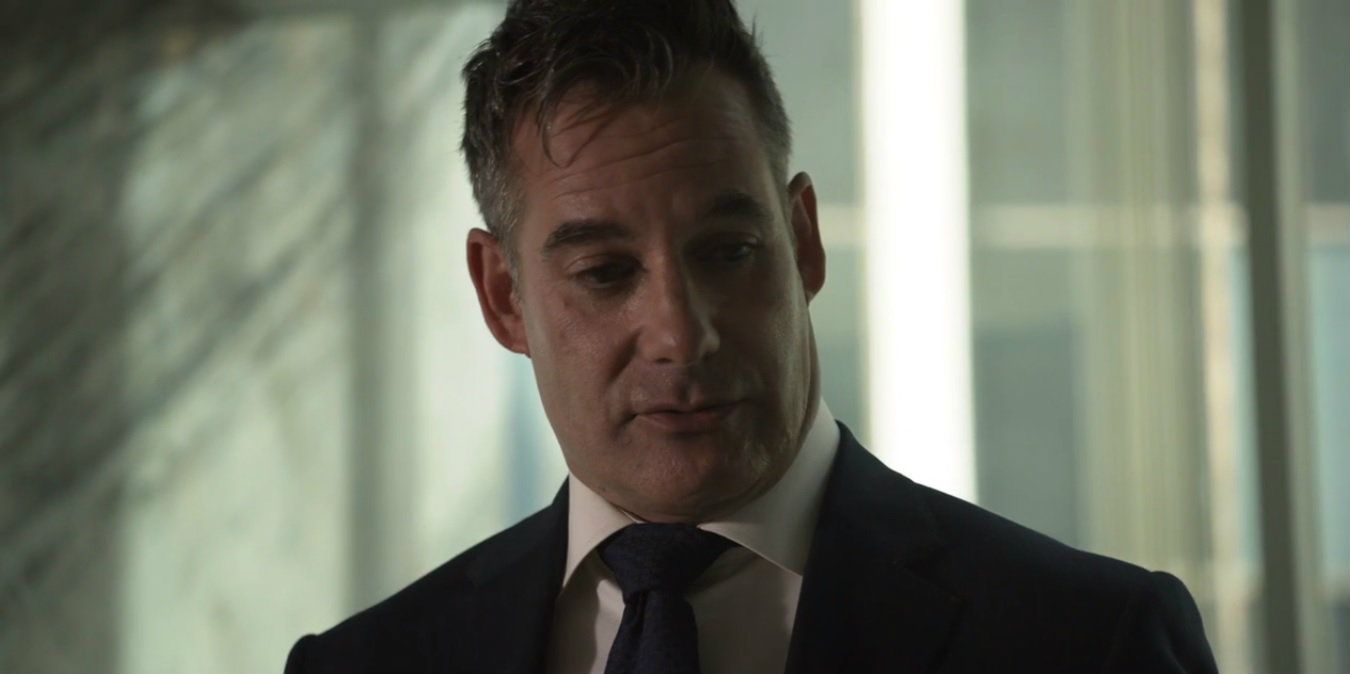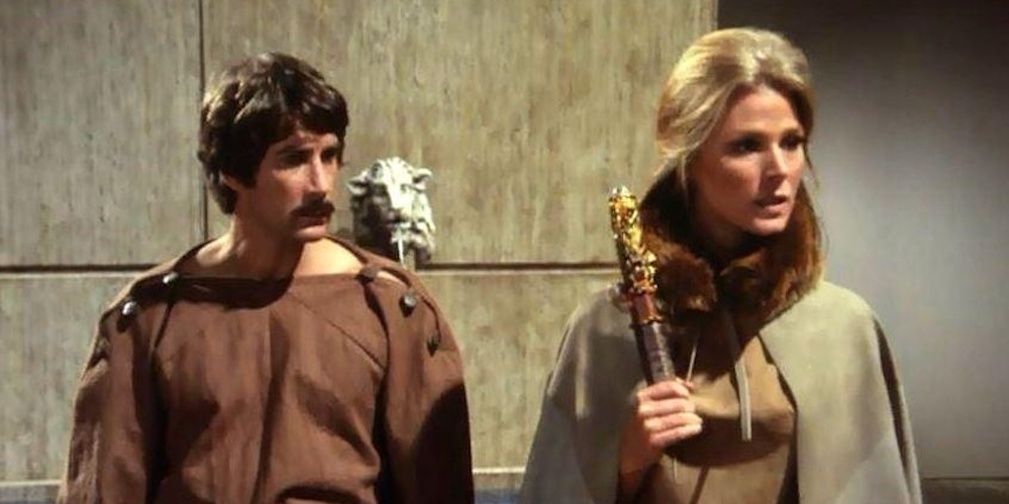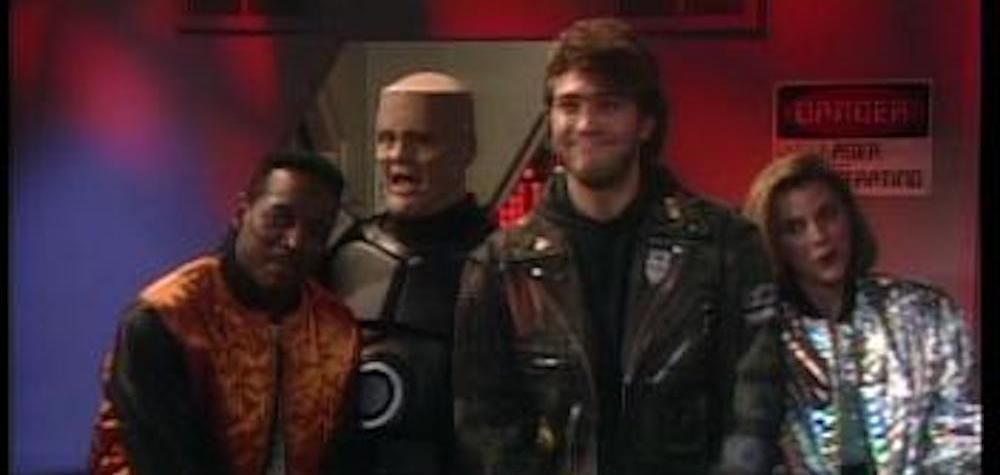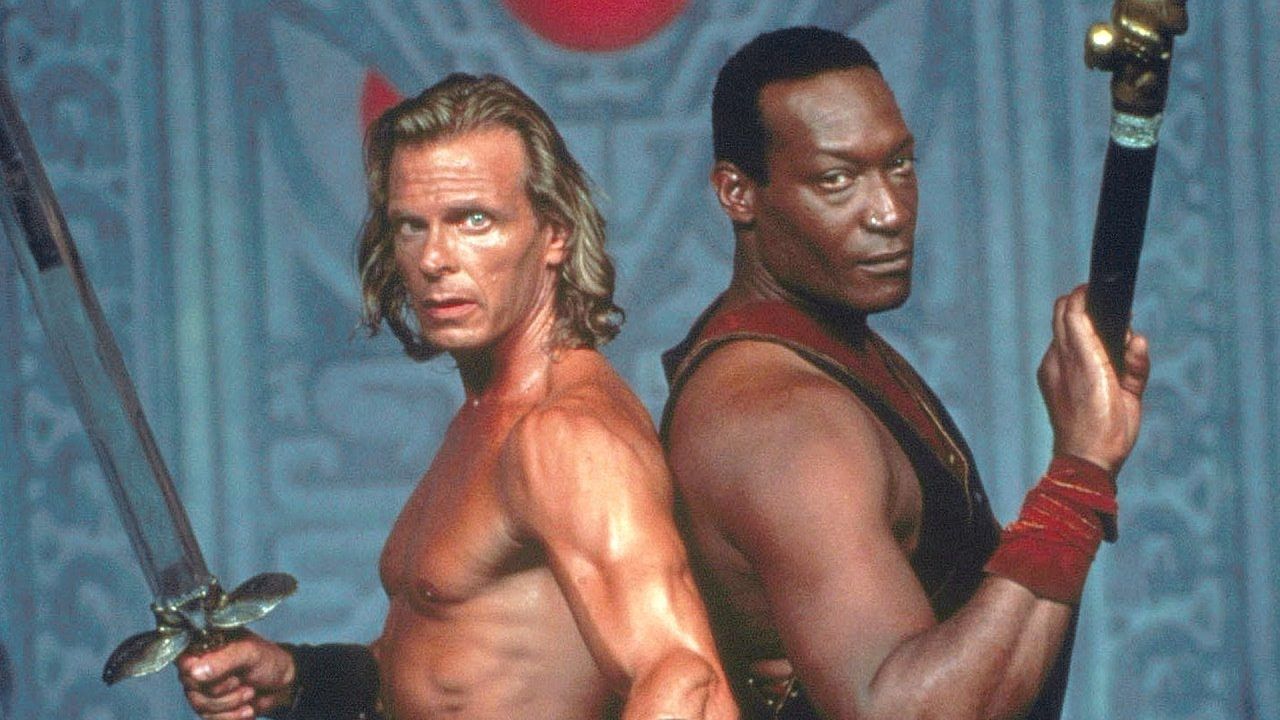If you think television airs some crappy shows, just think about the ones the networks said no to.
Unsold TV pilots are a glimpse into TV’s unconscious mind, seething with ideas that weren’t ready for prime time. Take 1980’s Ethel is an Elephant: did anyone really think a sitcom about a reporter rooming with an abandoned baby elephant would have become the Friends or Modern Family of its day?
Then again, the TV unconscious also contains flashes of genius. Pilots that scream “awesome!” or at least scream “fun!”, but for one reason or another never made it on the air. We’re left watching the pilot on DVD or YouTube, wishing for a parallel timeline where the show ran for at least one season.
Science fiction, fantasy, and horror have no shortage of unsold pilots, both awesome and awful. The ones that leave us longing for more and the ones that leave us wondering what deranged mind came up with the idea. Sometimes it’s not the idea that's at fault but the execution, and a later series rides the same concept to glory.
Here are 10 Amazing Sci-Fi Shows We'll Never Get To See (And 10 That Would Have Been Bad).
Terrible: Omen IV
The big reveal of Omen IV is that Karen York’s (Faye Grant) new baby is not only the Antichrist, he’s actually the fraternal twin of Karen’s eight-year-old adopted daughter, Delia. No, it didn’t make any more sense when Karen’s Satanist obstetrician (and how often does anyone get to use that phrase?) explained it.
Even before the reveal, it’s obvious Delia’s a bad seed. Animals hate her. People who tick her off die. Her presence turns healing crystals black. It turns out the twins are the children and heirs of big-screen Antichrist Damien Thorne. Now that Karen has popped out the Mark II Antichrist, she's no longer of use. The kids drive her to her end before she can give warning to the world.
The producers hoped this reboot would be the first in a new series of Omen movies for TV. They were wrong. That’s a good thing.
Amazing: Locke and Key
Joe Hill’s Locke and Key comics series has the Locke family move into Keyhouse, the sinister former home of the family’s recently murdered father. Keyhouse has secrets, and the family soon discover they’re not pretty ones.
Fox passed on the pilot for a TV adaptation, which followed the comics quite faithfully. Locke and Key got some rave reviews when screened at San Diego Comic Con. One reviewer said, however, that it was both too dark and too serialized to really work on network TV, and might have found a better home on cable.
Perhaps he was right. Although Universal considered and rejected a Locke and Key movie, Hulu last year ordered a new pilot. This time it’s slated to go to series. Fingers crossed it will still be amazing.
Terrible: Wonder Woman
Gal Godot makes it hard to imagine “terrible” and “Wonder Woman” in the same sentence. Cathy Lee Crosby’s 1974 pilot makes it easy.
Like most 1970s TV superhero fare, Wonder Woman seems desperate to look as un-comic book as possible. While Wonder Woman is an Amazon, she has no superpowers; she’s just a super-spy working for US intelligence. It’s hard to see the point of changing into her Wonder Woman costume — er, tracksuit — as WW doesn’t do anything Diana Prince couldn’t do.
Crosby said in an interview that her Wonder Woman would be more real and more human than in the comics, but she was fooling herself.
Possibly this pilot took its cues from Diana’s powerless period of the early 1970s, but by 1974 DC had already decided that was a mistake. It's too bad the producers didn’t learn from that.
Amazing: Spectre
Gene Roddenberry turned out the entertaining horror pilot Spectre for NBC in 1977. The protagonist, William Sebastian, is a criminal psychologist who believes evil sometimes comes from forces outside the mind.
Accompanied by his more skeptical, alcoholic colleague Hamilton, he investigates a hedonistic British aristocrat who’s been possessed by a demon of lechery. G iven Sebastian’s own soul is tainted by darkness, can he stand up to the powers of Hell?
Sebastian is a fun character, heroic but flawed and arrogant. When he wards off evil with a crucifix, it can’t be anything less than a priceless antique. The cast included Robert Culp as Sebastian, Gig Young as Hamilton, John Hurt as the possessed nobleman, and Majel Barrett as Sebastian’s housekeeper. NBC passed on the concept, and we’re left with another tantalizing might-have-been.
Terrible: Bates Motel
This 1987 pilot is the only Psycho spinoff that doesn’t have Norman Bates at its center. The film explains Norman died in a mental hospital, but only after befriending troubled, abused Alex. Under Norman's will, Alex inherited the Bates Motel.
Released from the hospital, Alex (Bud Cort) reopens the Bates with the help of his new employees (Moses Gunn, Lori Petty), but things get weird fast. The first guest is contemplating taking her life (she’s saved by the ghosts of previous suicides) and Mother Bates appears to be haunting the premises (nope, it’s a greedy banker trying to drive Alex off). Alex tells us at the end that we can expect similar adventures if the show goes to series.
It didn’t. Without Norman on the scene, the title is misleading. If they’d called it Twilight Zone Motel it would have made just as much sense.
Amazing: Incredible Hulk Returns
True, this 1988 pilot for a Thor series is far below the caliber of the Hemsworth films. Even so, it looks like Thor would have been a fun show to watch.
In this very different take on the Marvel hero, Don Blake is a timid nerd trapped into channeling Thor, a superstrong Viking denied Valhalla until he proves himself with deeds of heroism. Don has no interest in getting anywhere near danger, but when criminals try to steal David Banner’s new Hulk-cure, it takes Thor and the Hulk to save the day. Finally, Don agrees, reluctantly, to do what he can to help Thor earn his place in the afterlife.
The Hulk plot is stock, but Blake and his brawling buddy make a fun team.
Terrible: Electra Woman and Dyna Girl
Nothing screams “mature grown-up fare” like taking kids’ stories and turning them gritty and cynical. Or so the writers of the 2001 Electra Woman and Dyna Girl reboot seem to think. In fairness, they’re hardly unique in that.
It seems time was not kind to the 1970s Saturday-morning crusaders. A college student goes looking for Electra Woman only to discover her hero is now foul-mouthed trailer trash with a drinking problem. She’s broke because she never landed any celebrity endorsements, and she’s bitter because Dyna Girl ran off with her husband.
As you’ve probably guessed, the student becomes the new Dyna Girl. The clash between the innocent idealist and her cynical mentor would presumably have been a constant source of attempted humor. Too bad we’ll never find out — no, wait, it’s not bad at all.
Amazing: Global Frequency
What if Scully and Mulder had crowd-sourced solutions to the X-Files cases?
Based on Warren Ellis' comic-book series, 2005's Global Frequency is about a non-governmental black ops team that tackles "the threats no one else sees or understands." Headed by ex-spook Miranda Zero (an impressively hardboiled Michelle Forbes), Global Frequency's strength is a pool of experts across the world, 1,001 strong: Linguists, Physicists, smf Psi researchers. In the unused pilot, an ex-cop gets dragged into a typical Global Frequency crisis, stopping an unstable psionic from blowing up San Francisco.
It's an awesome piece of work, but when management at the WB changed, so did interest in the series. There have been other attempts to bring Global Frequency to TV, but so far they haven't done any better.
Terrible: Generation X
In the 1990s, Marvel was churning out mutant books by the ton. After X-Men became a cartoon hit in 1992, why not live action? Rather than use the X-Men, though, Fox went with a newer, younger Marvel team, Generation X.
Set in a near future when mutants are (of course) hunted and feared, the pilot had Banshee and Emma Frost training a team of young mutants including Jubilee, Skin, Mondo, and M. When a mad scientist (sci-fi TV veteran Matt Frewer) tries to use the kids as a power source for his tech, the battle is on.
Big whoop. The movie tried emphasizing character over combat and mutant powers, but to work, that would have required much better actors. It has more imagination and better effects than most 1970s superhero pilots, but not enough to be actually good
Amazing: 1994 Baker Street: Sherlock Holmes Returns
Sherlock was far from the first TV show to introduce Sherlock Holmes to the modern world. Three American pilots tried it, the best of which was 1994 Baker Street.
The sci-fi element is that Holmes (Anthony Higgins) became so bored after defeating Moriarty that he preserved himself in suspended animation to witness the world of the future. After Dr. Winslow (Deborah Farentino) thaws him out, Holmes discovers his lack of modern knowledge crippling his deductive skills.
When he sees saccharine, for instance, he assumes it’s an illegal substance. Realizing the local cops have an entire department devoted to the forensic work he did alone in Baker Street convinces Holmes he’s useless. Not to worry, by the movie’s end Holmes gets his mojo back, defeats Moriarty’s descendant and takes on Winslow as his new Watson.
Although writer-director Kenneth Johnson had prior success with V and The Incredible Hulk, this pilot went nowhere.
Terrible: Knight Rider 2010
This 1994 film is another clickbait title. The show has no connection to KITT, Michael Knight, or anything Knight Rider. Protagonist Jake does end up with a self-aware car, but unlike KITT, it’s female and he has relations with it.
In 2010, Jake is a smuggler ferrying illegal immigrants across the U.S. border. He turns against his employer when he learns the immigrants are being used as involuntary organ donors. Jake’s rebellion gets his computer-genius girlfriend, Hannah, killed, but no worries! Her amazing VR technology (remember when virtual reality was the next big thing?) lets Jake transfer her mind into his souped-up van. Now Jake has an intelligent vehicle which vaguely makes this sort of like Knight Rider. Plus he can jack into VR and get jiggy with his living automobile girlfriend.
Yeah, we’re not sorry this one tanked.
Amazing: Fear No Evil
1969’s Fear No Evil, like Spectre, focuses on a psychologist battling the occult. David Sorrel (Louis Jourdan) treats people with delusions of supernatural persecution, but he knows sometimes they’re not deluded. Case in point, Barbara, a grieving widow who sees her dead husband beckoning too her from a magic mirror. She’s not imagining it, but what’s waiting in the mirror is not her husband …
Fear No Evil was first-rate, a good-looking, well-acted film with a solid story. Although it did get a sequel, Ritual of Evil, it didn’t go to series and it’s hard to find anywhere these days. Universal didn’t give up on the concept, though, reworking it into another good TV movie, Sweet, Sweet Rachel. Unfortunately that led to the Sixth Sense series, which was worse than any of the films.
Terrible: K9 and Company
How could this one miss? Bringing together Sarah Jane and K9, two of Doctor Who’s most popular companions, for adventures as an evil-fighting duo had to be a hit, right? But while 2007’s The Sarah Jane Adventures made that formula work, 1981’s K9 and Company never went anywhere.
Watching the show, it’s easy to see why. Sure, Sarah Jane and the “little tin dog” are charming as ever, but the story’s dull. Where Adventures pitted them against alien invaders and time tamperers, K9 and Company has them involved with a Satanist cult. U
nlike the black magicians in Doctor Who: The Daemons the Satanists are just a bunch of mundane killers. The show's tone was meant to be closer to the UK Avengers than Doctor Who but it didn't work at that level either.
Amazing: Bionic Showdown
In 1987, ABC reunited cyborgs Steve Austin and Jaime Sommers for a TV-movie pilot focusing on Steve’s son, the newest cyborg on the block. 1989's Bionic Showdown was much better reboot attempt with a stronger lead, a young actor named Sandra Bullock. Yep, that one.
Another reason this film worked better is that the first movie used run-of-the-mill terrorists as villains. This one has an enemy cyborg, stronger than Steve or Jaime, working for a freelance spy group plotting to sabotage an international sports event. Can new cyborg Kate take the bad guy down?
It’s a fun film, though it's unlikely Bullock has any regrets the pilot wasn’t picked up. There was a follow-up movie, Bionic Ever After, but rather than attempting another reboot, it settled for giving Steve and Jaime a happy ending.
Terrible: Lost in Oz
Production company A Band Apart actually produced two bad pilots by this name, one in 2002 for syndication, one in 2003 for WB. Both fell into the same tradition as NBC’s later Emerald City, re-imagining Oz as a dark nightmare realm.
The first pilot has a group of Kansans, none of whom are Dorothy, hiding from a twister in a Winnebago only to have the tornado whirl them to Oz. With the Wizard gone and Oz falling into anarchy, how will they get home?
In the second version, the twister victim is a young woman named Alex, who must join forces with WW II pilot Caleb (call sign “scarecrow”) against the new Wicked Witch of the West. Once again, the episode ends with the protagonists lost in Oz. Once again, nobody cared.
Amazing: Here Come the Munsters
“Amazing,” in this context, means “best of the several Munsters revivals,” so if you’re not a fan, this probably won’t do it for you. If nothing else, it boasts an excellent cast, including Ed Hermann as Herman Munster, Veronica Hamel as Lily, and Robert Morse as Grandpa.
The opening has the Munsters flee torch-wielding Transylvanian mobs to America. No sooner do they arrive than an anti-immigrant politician, Jekyll, singles them out as the kind of foreigners America should deport ASAP. It turns out Jekyll is their relative Mr. Hyde’s evil side. Once they restore him to normal, the anti-immigrant campaign ends and the Munsters can settle down.
The immigration theme probably explains why the neighbors accept the family rather than the usual freaking out. A Christmas movie sequel followed, but with a weaker cast and no more success.
Terrible: House of Frankenstein
Universal has been into horror crossovers from Frankenstein Meets the Wolf Man to the unsuccessful Dark Universe. 1997’s House of Frankenstein gave us vampires, Frankenstein’s monster and werewolves in one pilot together but it still wasn't interesting.
Perhaps it’s a mistake that instead of Dracula, the vampire is simply Grimes, an LA mobster who uses his powers and his werewolf acolytes to kill the competition. Then again, Greg Wise is so dull as Grimes, it's unlikely he'd have been a good Dracula.
As a homicide detective (Adrian Pasdar) struggles to pin the killings on Grimes, a scientist unearths Frankenstein’s monster in the Arctic. Grimes exhibits the monster at his night club but guess what, the creature escapes!
Fortunately it’s articulate, like Shelley’s original, and works with the cops against Grimes. The ending left several plot threads for the series to pick up. They will remain unresolved for eternity.
Amazing: Genesis II
Star Trek producer Gene Roddenberry was a busy guy in the 1970s. He created several TV movies that doubled as series pilots, though none of them were picked up. 1973’s Genesis II came closest.
Scientist Dylan Hunt (Alex Cord) accidentally goes into suspended animation for more than 150 years. He wakes up to find humanity rebuilding from the nuclear war that shattered civilization. Hunt’s knowledge of pre-war technology draws the attention of Pax, a pacifist group trying to restore the world, and Tyrania, a nation of mutants hoping to conquer it. Hunt thwarts a Tyranian plan to reactivate a nuclear missile silo and joins forces with Pax.
CBS rejected Genesis II for the much less interesting Planet of the Apes series. Two follow-up pilots for ABC, Planet Earth and Strange New World didn’t fare any better, and weren’t as good.
Terrible: Red Dwarf
In 1992, the BBC’s Red Dwarf was a popular UK hit. The goofball humor about the crew of losers aboard the Red Dwarf starship seemed like it would translate well to the US. Remaking the first episode as the US pilot must have seemed logical too - until you actually watched the thing.
In the Beeb’s original series, low-comic Lister and elitist officer Rimmer are miles apart in style and manner; the US version makes them both kind of blandly middle-class. As Lister, Craig Bierko turns the crass slob into a lovable schmuck, no different from countless other TV schmucks. Instead of laughs, the pilot just generates "meh."
A second pilot, with Terry Farrell as Cat, didn’t do any better. American audiences are better off importing the original.
Amazing Beastmaster III: The Eye of Braxus
Some pilots, such as Bates Motel and Wonder Woman see a later, better take on the same concept go to series. With Beastmaster III, it’s the reverse. This 1996 movie was much more fun than the much more serious series that materialized three years later.
As the Beastmaster Dar, Marc Singer fought evil alongside his animal friends in two theatrical films. This pilot would have set up a TV series in the light-hearted vein of Hercules. After the wizard-king Agon kidnaps Dar’s brother to seize a mystic amulet, Dar once again exchanges life in the wilderness to fight evil.
Dar would be happy just to save his brother and call it a day but his animals nudge him into accepting the heroic destiny he’s always denied. He defeats Agon and heads off for fresh adventures. A shame we never saw what they were.
---
Any awesome or awful failed pilots you wish we'd mentioned? Tell us in comments.

